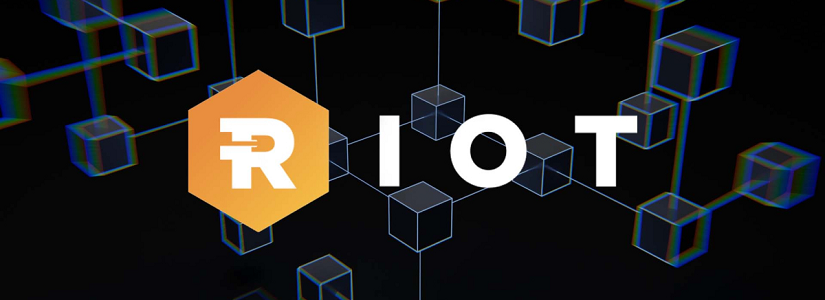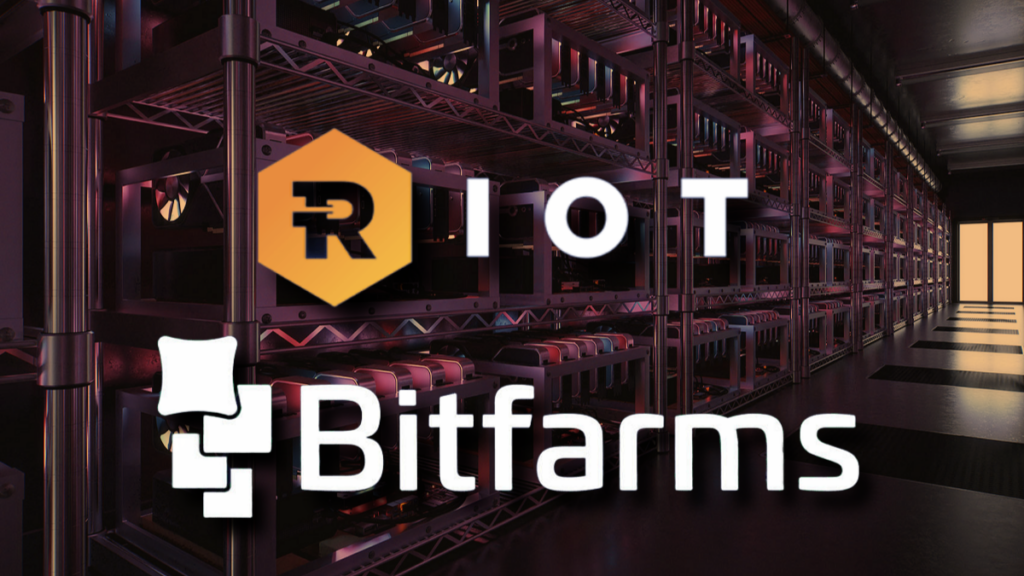TL;DR
- Riot Platforms sold 1.75 million shares of Bitfarms, raising approximately $1.58 million, reducing its stake to 14.3%.
- This sale came after a failed acquisition attempt in 2024 and reflects an ongoing strategic review.
- Despite the reduction, the market reacted positively, with Bitfarms’ stock rising 4%.
Riot Platforms, one of the leading players in Bitcoin mining in the United States, announced the sale of 1.75 million shares of Bitfarms, its Canadian competitor, in a deal totaling $1.58 million. This transaction reduces its stake in Bitfarms to 14.3%, after previously reaching nearly 15% amid a failed takeover attempt last year.
The operation was conducted through Nasdaq and other open markets, with an average price of $0.90 per share. This move is seen as a strategic adjustment rather than a full withdrawal, as Riot still holds a significant stake in Bitfarms and has committed to continuing to assess its position based on new opportunities and market conditions.
Context Analysis of the Share Sale
Last year, Riot attempted to buy Bitfarms at $2.30 per share, a proposal that was quickly rejected by the Canadian company, which implemented a defensive strategy to protect itself. Since then, Riot has continued acquiring shares to exert pressure, but the recent sale suggests a pause to reconsider its approach and adapt to changing conditions.
This adjustment signals maturity in the Bitcoin mining market, where companies seek to optimize investments and compete or collaborate with a more tactical focus. Bitfarms, for its part, has responded with measures to ensure its independence, suggesting that the industry is moving toward a balance between rivalry and cooperation.
Outlook for Bitcoin Mining and the Crypto Market
The immediate market reaction was positive: Bitfarms’ stock rose 4% at the U.S. open, while Riot saw a slight increase in its share price. This shows that investors welcome the redefinition of positions and expect both players to continue contributing to sector growth.

The world of Bitcoin mining is constantly evolving and requires continuous adjustments to maximize technological and financial potential. Riot’s decision reflects a strategy to maintain flexibility in an environment that continues to show growing interest in digital assets and renewable energy, key to sustainable mining.
Although this sale may seem like a step back, it represents a calculated move that strengthens competitiveness and sets the stage for future collaborations or new projects within the crypto ecosystem. The rivalry doesn’t end—it simply transforms to accompany the industry’s expansion.










